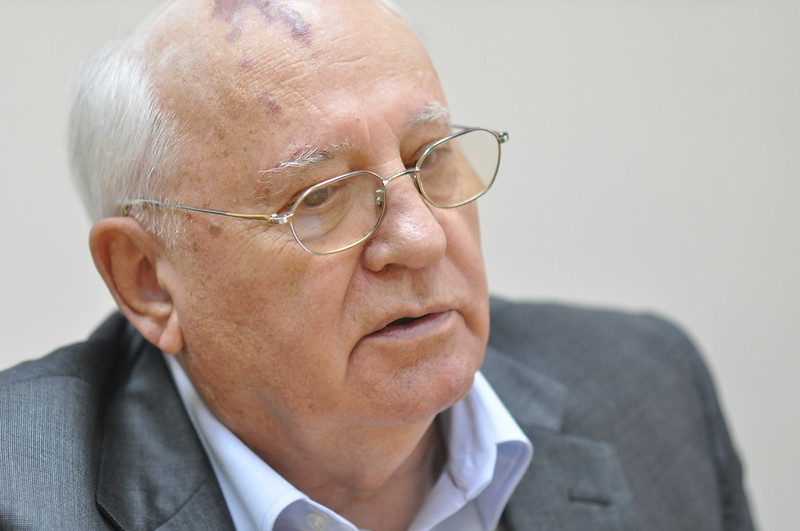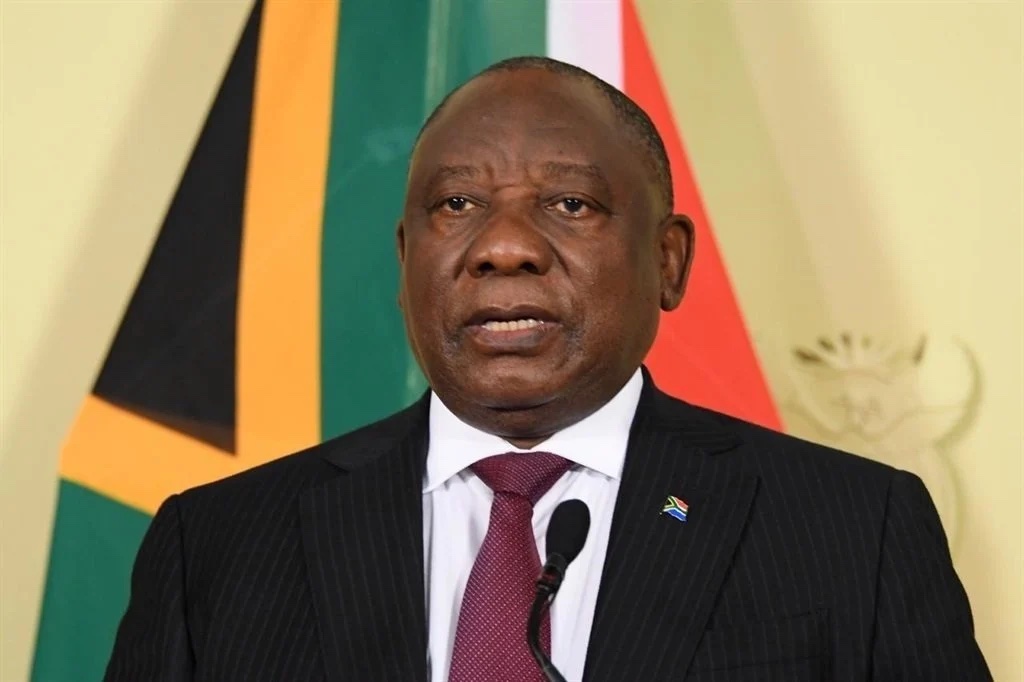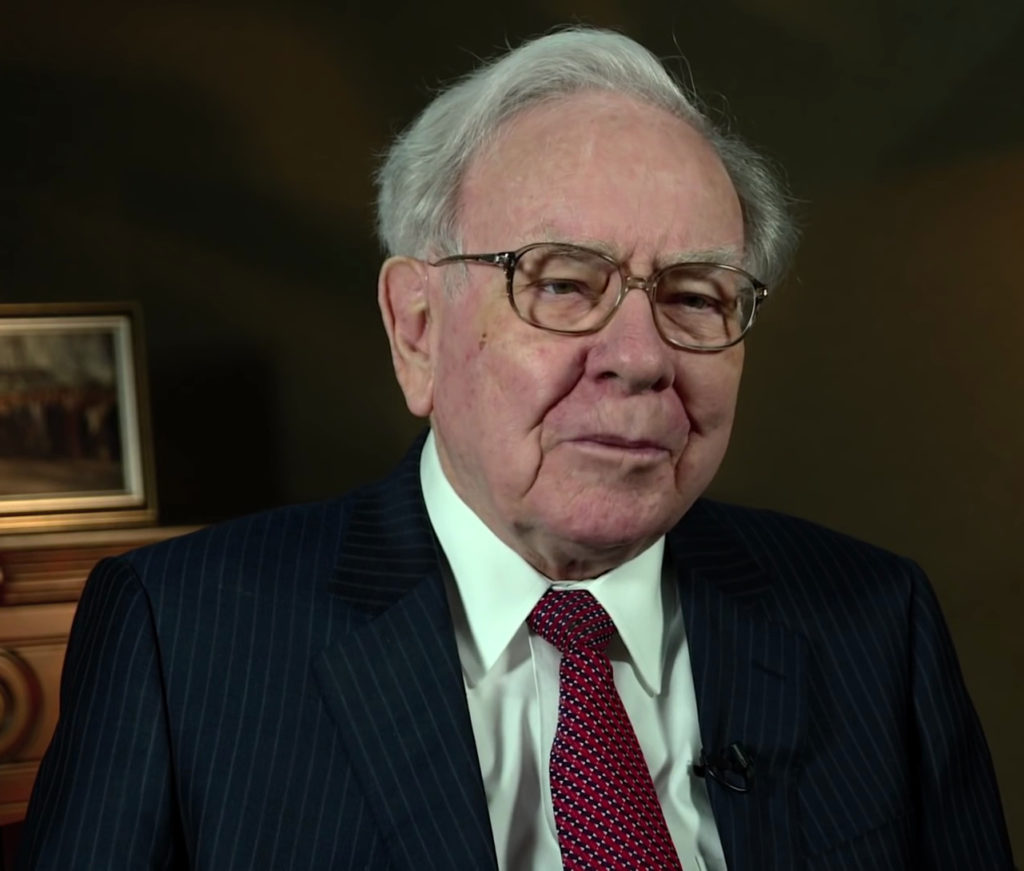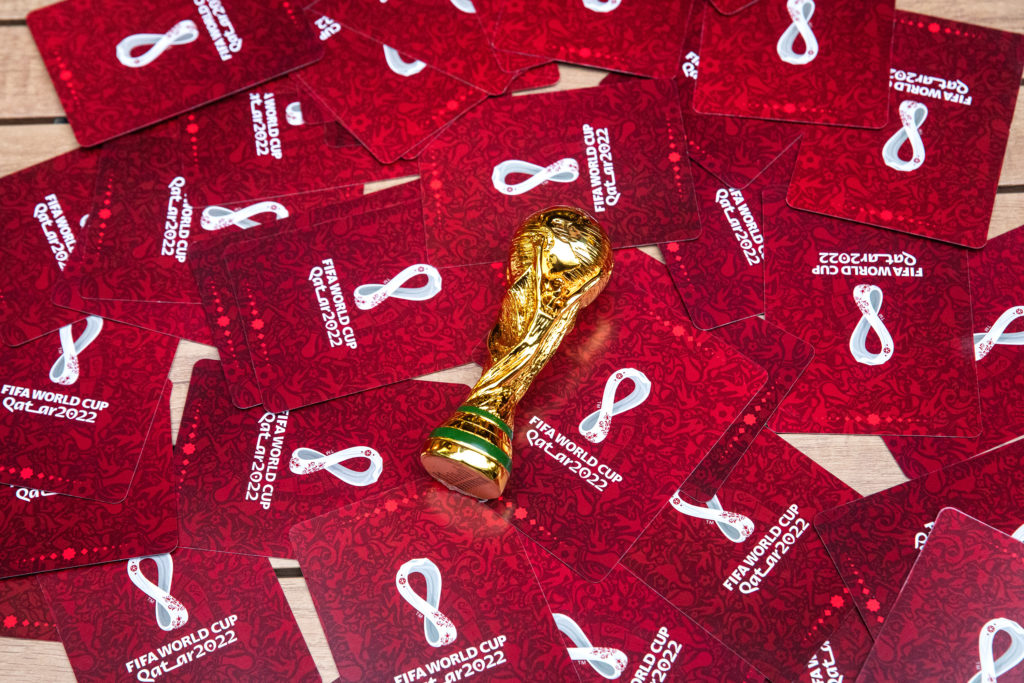The last president to preside over the former Soviet Union, Mikhail Gorbachev, died last night in Moscow after what was described as a “difficult and protracted illness.” He was 91 years old.
Commentators and historians have a mixed view of the legacy Gorbachev left behind, while many argue he was a reformer who set out to transition the Soviet Union into a modern age when he first came to power in 1985, his ultimate aim was never to see the collapse of the union.
Following the news of his death, Western leaders paid their respects to Gorbachev and hailed him as a reformer, a champion of democracy and the leading figure in bringing about the end of the Cold War through the fall of the Soviet Union.
In Russia, his legacy is seen as more complicated than that and current President Vladimir Putin expressed his condolences to Gorbachev’s family but left his remarks at that, failing to mention much political achievement.
Jonathan Steele writes that Gorbachev was “the most important world figure of the last quarter of the 20th century” for The Guardian.
Steele notes that he had no intention of bringing down the Soviet Union when he entered office but “he started a process of reform and did not try to reverse it once it threatened to spin out of control”.
For The Conversation, Matthew Sussex writes that “it was fitting that as the last leader of the USSR, Gorbachev was probably its only truly humane one.” Sussex goes on to list Gorbachev’s accomplishments while detailing his life and rise to power.
Gorbachev may have been powerless to prevent the collapse of the Soviet Union but by the end of the 20th century, he may have had a greater impact than any other political leader, writes Jim Heintz for Associated Press.
When Yuri Andropov died in 1984, Gorbachev was expected to succeed him as Communist Party general secretary but instead, the ailing Konstantin Chernenko took over and within a year he too was dead and Gorbachev succeeded him, writes the BBC.
“He was the first general secretary to have been born after the 1917 revolution and was seen as a breath of fresh air after the stagnation of the Leonid Brezhnev years.”
In his later years, Gorbachev would speak out on nuclear disarmament, the environment, and poverty – and in his wife’s memory, set up with the family the Raisa Gorbachev Foundation to fight children’s cancer, writes Susannah Cullinane and Laura Smith-Spark for CNN.
Image Credit: Veni/Flickr










